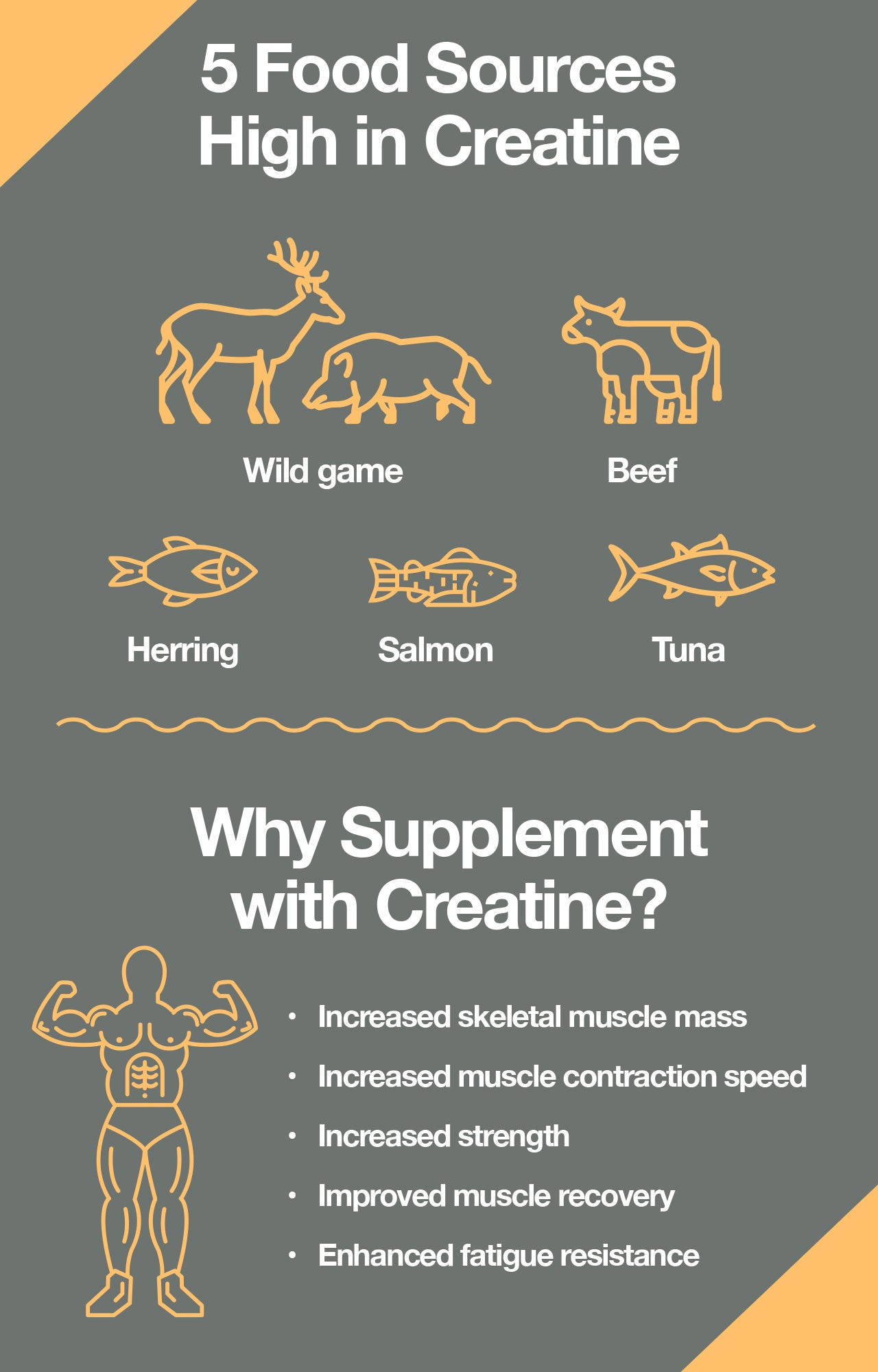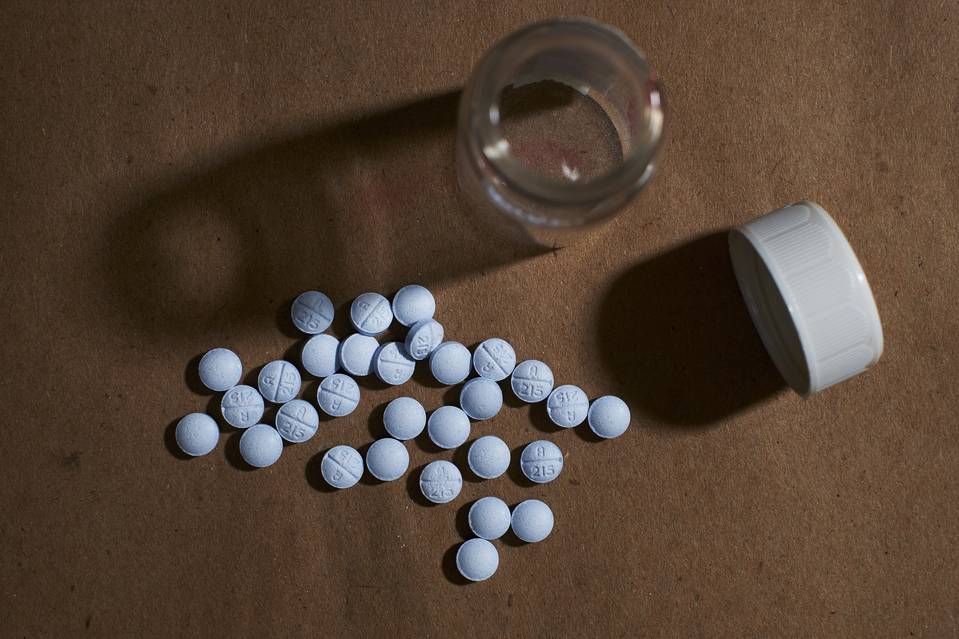What Is Creatine And How Does It Work?

Table of Contents
What is Creatine?
Creatine is a naturally occurring nitrogenous organic acid that plays a crucial role in your body's energy production system. Specifically, it's involved in the rapid regeneration of adenosine triphosphate (ATP), the primary energy currency of your cells. This means creatine helps your muscles produce energy for short bursts of high-intensity activity. While your body naturally produces a small amount of creatine, and you can obtain it from dietary sources like meat and fish, creatine supplementation significantly increases the levels of creatine stored in your muscles.
Several types of creatine supplements are available, including creatine monohydrate, creatine ethyl ester, and creatine hydrochloride. However, creatine monohydrate remains the most extensively researched and proven effective form. Its effectiveness and safety profile have solidified its position as the gold standard among creatine supplements.
- Creatine is found naturally in meat and fish, providing a small amount to the diet.
- Your body's liver and kidneys also produce a small amount of creatine.
- Creatine supplementation increases muscle creatine stores, leading to enhanced performance.
- Different forms of creatine exist, but creatine monohydrate is the best-studied and most effective.
How Creatine Works
Creatine's primary mechanism of action centers around ATP resynthesis. During high-intensity exercise, your muscles rapidly deplete ATP. Creatine phosphate acts as an energy buffer, quickly replenishing ATP stores, allowing you to maintain power and strength for longer periods. This enhanced energy availability translates to improved performance in activities requiring short bursts of intense effort, such as weightlifting, sprinting, and high-intensity interval training (HIIT).
Beyond its role in energy production, creatine also contributes to muscle growth (hypertrophy) by drawing water into muscle cells, leading to increased muscle cell volume. This increased cell volume might contribute to strength gains independently of muscle protein synthesis.
- Creatine enhances the rapid replenishment of ATP during high-intensity exercise.
- This leads to improved strength, power output, and overall performance in short-duration, high-intensity activities.
- Creatine attracts water into muscle cells, leading to increased cell volume and potential muscle growth.
- Increased muscle cell volume may also contribute to increased strength gains.
Creatine and Muscle Growth
The relationship between creatine and muscle growth is complex but significant. While creatine primarily enhances energy production, it may also indirectly support muscle protein synthesis – the process by which your muscles build and repair themselves. This means that while creatine itself doesn't directly build muscle, it facilitates the environment conducive to muscle growth when combined with resistance training. Creatine may also synergistically interact with other supplements like protein powder, further enhancing muscle growth potential.
- Creatine may indirectly stimulate muscle protein synthesis, a key component in muscle growth.
- Resistance training is crucial for maximizing the muscle-building effects of creatine.
- Combining creatine with a protein supplement and a consistent resistance training program is ideal for optimal muscle growth.
Creatine Safety and Side Effects
Many people have concerns regarding creatine safety, but research generally supports its safe use when taken as directed. The most commonly reported side effects are mild and often temporary, primarily related to water retention, leading to slight weight gain. This water retention is usually harmless and resolves once creatine supplementation ceases. However, it's crucial to consult your doctor before starting any new supplement regimen, especially if you have pre-existing health conditions or are taking medications that might interact with creatine.
- Water retention is a common, usually temporary side effect.
- Weight gain is primarily due to increased water retention and potentially increased muscle mass.
- Consult a physician, particularly if you have pre-existing kidney issues or other health conditions.
- Creatine is generally safe for healthy individuals when used according to recommended guidelines.
How to Use Creatine Effectively
Effective creatine use typically involves a loading phase followed by a maintenance phase. The loading phase involves higher daily doses (around 20 grams) for approximately 5-7 days to rapidly saturate your muscles with creatine. Afterward, a maintenance phase (around 3-5 grams daily) is sufficient to maintain elevated muscle creatine levels. Throughout your creatine regimen, adequate hydration is essential for optimal absorption and effectiveness. Consistency in both supplementation and your training routine is key to seeing the best results.
- A loading phase of higher daily doses is common initially to rapidly saturate muscle creatine stores.
- A maintenance phase of lower daily doses is sufficient for long-term use.
- Ensure adequate hydration to maximize creatine absorption and overall effectiveness.
- Combine creatine supplementation with a consistent and effective workout routine for maximum benefit.
Conclusion
Creatine is a safe and effective supplement for enhancing athletic performance and supporting muscle growth when used correctly. It works primarily by increasing ATP availability during high-intensity exercise and potentially promoting muscle protein synthesis. While mild side effects like water retention are possible, creatine is generally safe for healthy individuals. Remember to always consult your doctor before starting any new supplement regimen, including creatine, to ensure it's right for you and to discuss potential interactions with any medications you might be taking. Learn more about the power of creatine and how it can benefit your fitness goals. Remember to consult your doctor before starting any new supplement regimen.

Featured Posts
-
 The Potential For Surveillance Examining The Risks Of Ai In Mental Healthcare
May 16, 2025
The Potential For Surveillance Examining The Risks Of Ai In Mental Healthcare
May 16, 2025 -
 Ufc 314 Paddy Pimbletts Post Fight Message To His Doubters
May 16, 2025
Ufc 314 Paddy Pimbletts Post Fight Message To His Doubters
May 16, 2025 -
 Luis Arraez And Jason Heyward Power Padres Sweep Pursuit
May 16, 2025
Luis Arraez And Jason Heyward Power Padres Sweep Pursuit
May 16, 2025 -
 Everest In A Week Anesthetic Gas Climb Raises Safety Concerns
May 16, 2025
Everest In A Week Anesthetic Gas Climb Raises Safety Concerns
May 16, 2025 -
 Chinas Fentanyl Trade A Price To Pay Former Us Envoy Weighs In
May 16, 2025
Chinas Fentanyl Trade A Price To Pay Former Us Envoy Weighs In
May 16, 2025
Latest Posts
-
 Dodgers Struggling Left Handed Batters Causes And Solutions
May 16, 2025
Dodgers Struggling Left Handed Batters Causes And Solutions
May 16, 2025 -
 How Mentorship Shapes Success The Ha Seong Kim And Blake Snell Example For Korean Players
May 16, 2025
How Mentorship Shapes Success The Ha Seong Kim And Blake Snell Example For Korean Players
May 16, 2025 -
 Analyzing The Dodgers Left Handed Hitters Recent Slump
May 16, 2025
Analyzing The Dodgers Left Handed Hitters Recent Slump
May 16, 2025 -
 The Ha Seong Kim Blake Snell Friendship A Case Study In Mlb Mentorship For Koreans
May 16, 2025
The Ha Seong Kim Blake Snell Friendship A Case Study In Mlb Mentorship For Koreans
May 16, 2025 -
 Left Handed Hitters Fueling Dodgers Fight To End Slump
May 16, 2025
Left Handed Hitters Fueling Dodgers Fight To End Slump
May 16, 2025
